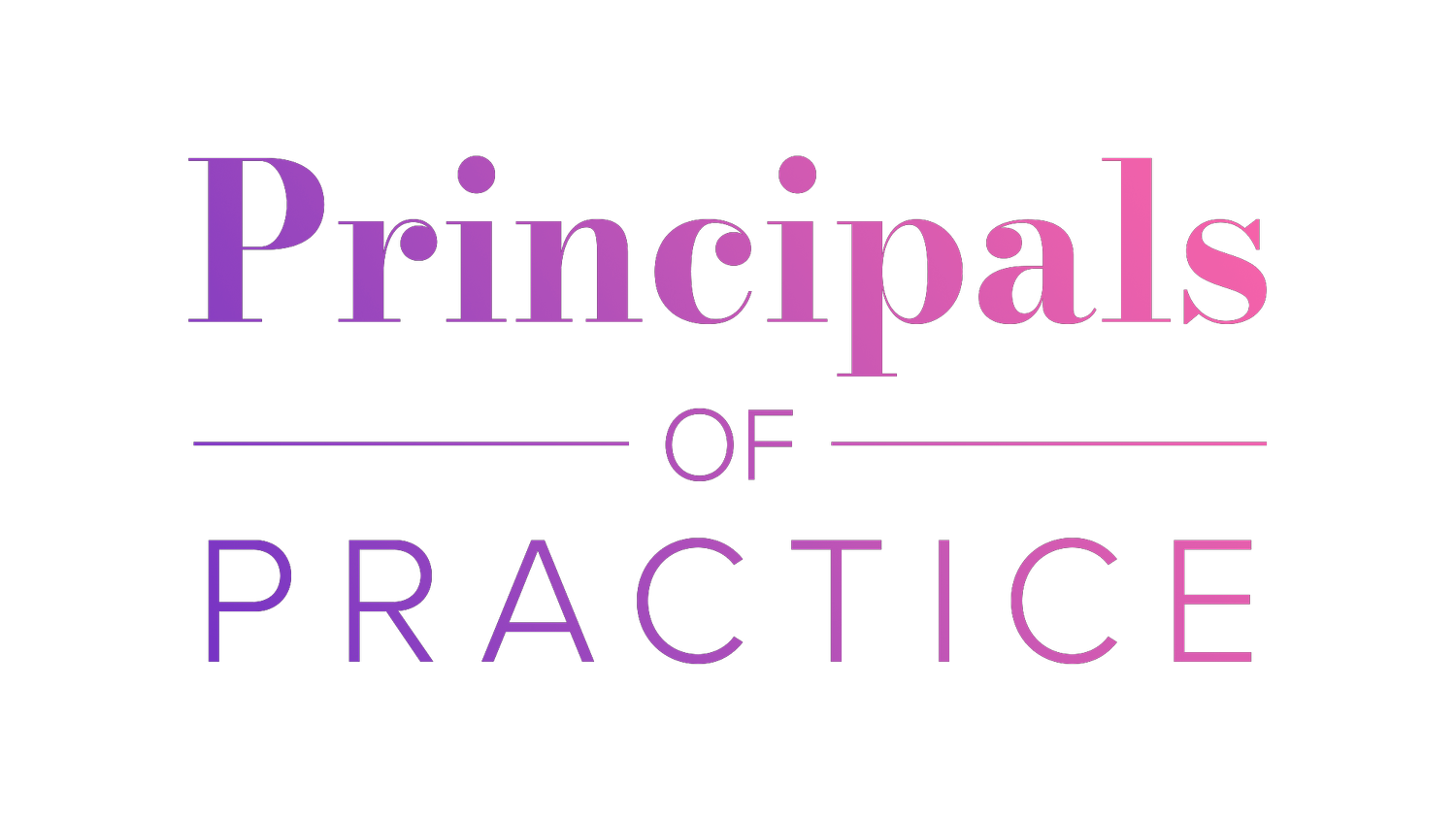Leaders: you might be in lockdown but your emotions are contagious
I was putting together a workshop on “How to Lead Your Team during COVID-19” and I was off to a fairly good start. I had been following the situation in Singapore for a number of months (having only moved to Auckland from Singapore 8 months ago) and I felt it would be a good time to launch some training around this topic here in New Zealand.
Then it was March 23 and the lockdown was announced. I felt a number of different emotions hit me, one after the other.
Initially I was relieved that the government was taking a hard and fast approach. Then anxiety rose up as I tried to picture what staying home for a month (at least!) with my husband and three young kids would be like. Then sadness and grief for others replaced the anxiety.
My thoughts were all over the place. I could not imagine getting back to work on the workshop – how could I possibly guide leaders to shape how they want to show up when I was not even capable of changing the TV channel? All I knew was that Monday March 23 was not the day for me to continue working on that project.
This awful moment of self doubt turned out to be the missing piece of my workshop, and the first point set out below for leaders to consider when managing their teams (and themselves) during this difficult time.
1. Pause
Other than in the case of an extreme emergency when you need to make an urgent decision, if you don’t feel right just now, don’t act… just yet.
Hollywood would have us believe that great leaders catapult into a crisis and instinctively know the right move, but this may not be the case for you at the moment. Do listen to your gut, but if you are lacking clarity and conviction, you might be best to pause for a while.
If you have to communicate an important point to your team, consider carrying out the suggestions listed below before you go any further. And for all non-urgent or less important decisions, if you don’t feel as though you’re in the best place to attend to these, consider delaying or delegating them.
2. Reflect
Spend time thinking about how you feel about the situation. Make time (sooner rather than later) to write down your concerns around COVID-19 and the emotions linked to those concerns. Being conscious of how you are feeling is key to understanding the mood you have been or will be projecting (consciously or unconsciously) to your team at this time.
Notice the thoughts you hold around the virus and the lockdown, the words you use when speaking about it and the body language that overcomes you when you are thinking about or speaking about the situation. If you struggle with this, ask a close friend or family member how you are showing up. Do they perceive you as being stressed, sad, angry, anxious, ambivalent or disengaged on the topic?
This might sound a bit unorthodox for those in the corporate or business world but you could be surprised by the clarity you get once you acknowledge these concerns and their associated emotions.
3. Plan
Take time out to design how you want to show up. This is an opportunity for you to think about how you want to lead your team through this critical time. How do you want to come across and what moods and attitudes do you think would be most helpful to your team? What words or phrases would they hear you say when in this mood? What would they not hear you say? How would you communicate this attitude through body language? What actions can you take to demonstrate or give weight to this mood?
Remember the emotions you feel and project are very likely to spread to your team. This is a chance to lead with purpose, compassion and hope; it’s an opportunity to inspire.

